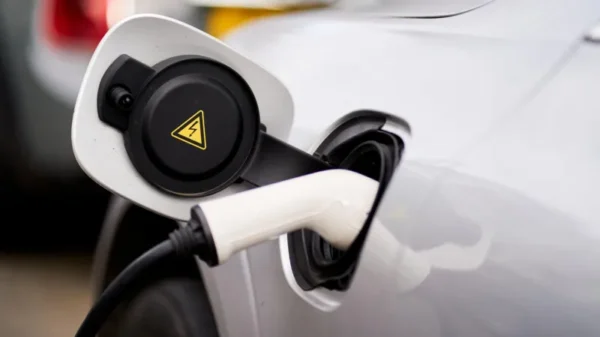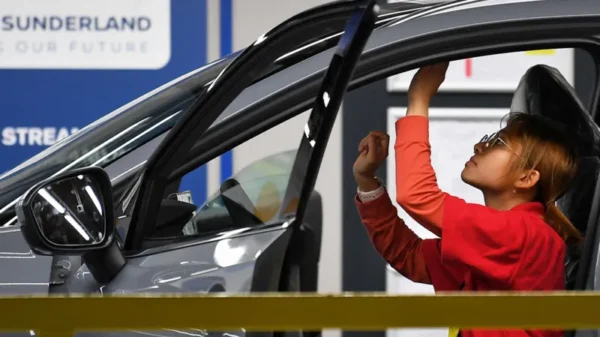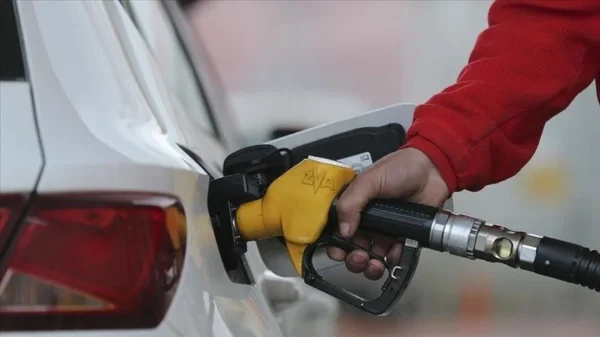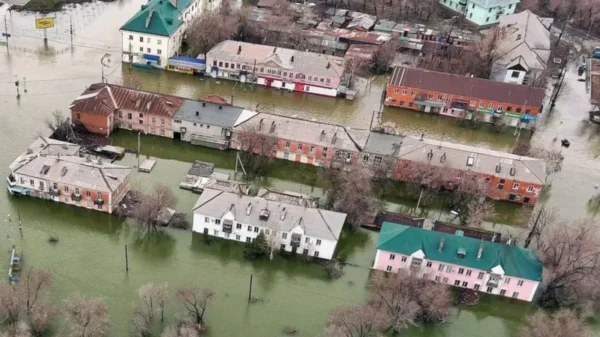In recent years, pollution has become an increasingly alarming problem, which can be traced back to the outrageously high levels of toxic nitrogen oxide in the air from our vehicles. For that reason, Germany has started to implement rules and regulations in hopes of reducing these pollutions. Attributable to Germany’s status as a renowned leading automobile manufacturer in the world, it should come as no surprise for them to center their anti-pollution plans on automobiles. Unfortunately, certain implementations such as the bans of diesel cars may require a considerable amount of time, which we cannot afford.
In addition, any noticeable change and improvement towards the environment can only be observed at least two years after the implementation. This is another cause of concern, evident by the statement made by Hendrik Wuest, the transport minister of North-Rhine Westphalia, one of the German state. He believes that an alternative solution to the problem would have been discovered in the next two years, causing the ban to be redundant and futile. An interview published on Saturday by the Rheinische post newspaper revealed Wuest’s stance on the matter. He brings to light new anti-pollution plans that can be challenged in court, but the verdict itself would take about 2 years, much like the aforementioned implementations. He strongly suggests that bans can be prevented since affected cities have taken the matter into their hands to figure out solutions and measures to be taken to reduce the toxic chemicals in the air.
On Tuesday, the Federal Court in Germany has given cities an authorization to ban diesel cars that contributes heavily to the pollution in their areas. This is an appalling news for automobile manufacturers because they will have to raise their costs of production to build more environmentally friendly exhaust systems and leave combustion engines behind.
Vehicles that run on diesel have always been a large factor of air pollution in the streets, but much like every other factor that contributes negatively to the impact on the environment, vast amount of capital, in addition to time and energy, is needed in order to make a change. This is difficult to achieve because of the capitalist system that nations sought after; A system that is based on profit maximization and self-interest. This is clearly discernible from the increase in the cost of productions for exhaust systems above-mentioned, placing the responsibility on the automobile manufacturers. Furthermore, such drastic measures could bring about problems in the nation’s economy on a larger narrative. While cities are able to ban motorists from polluting the streets, it is important to consider the effects on personal lives from an economical aspect. While the cost of production rises for manufacturers, there is no doubt in the consequent rise in the price of these newly produced environmental-friendly vehicles. This could severely impact consumers who are in the middle to lower income group.
Those who have previously owned diesel cars will now have to sell them at a price that is presumably little to none. A possible approach would be a trade-in to car companies, which will undoubtedly attempt to compensate for the higher costs by unloading the responsibility onto the consumers. As a result, the consumers will be the ones who bear the burden of the movement. This, in turn, decreases their purchasing power, which will then cause the economy to be in a rut. This is especially alarming for Germany since they’re one of Europe’s largest economy and its collapse would lead to a butterfly effect towards the global economy. All things considered, nonetheless, the environmental issues have gradually turned into a harsh reality and if prolonged, will lead to the end of the world. The probable outcome should serve as a warning for large companies and manufacturers to ease up on the profits for the greater good.































































Comment Template